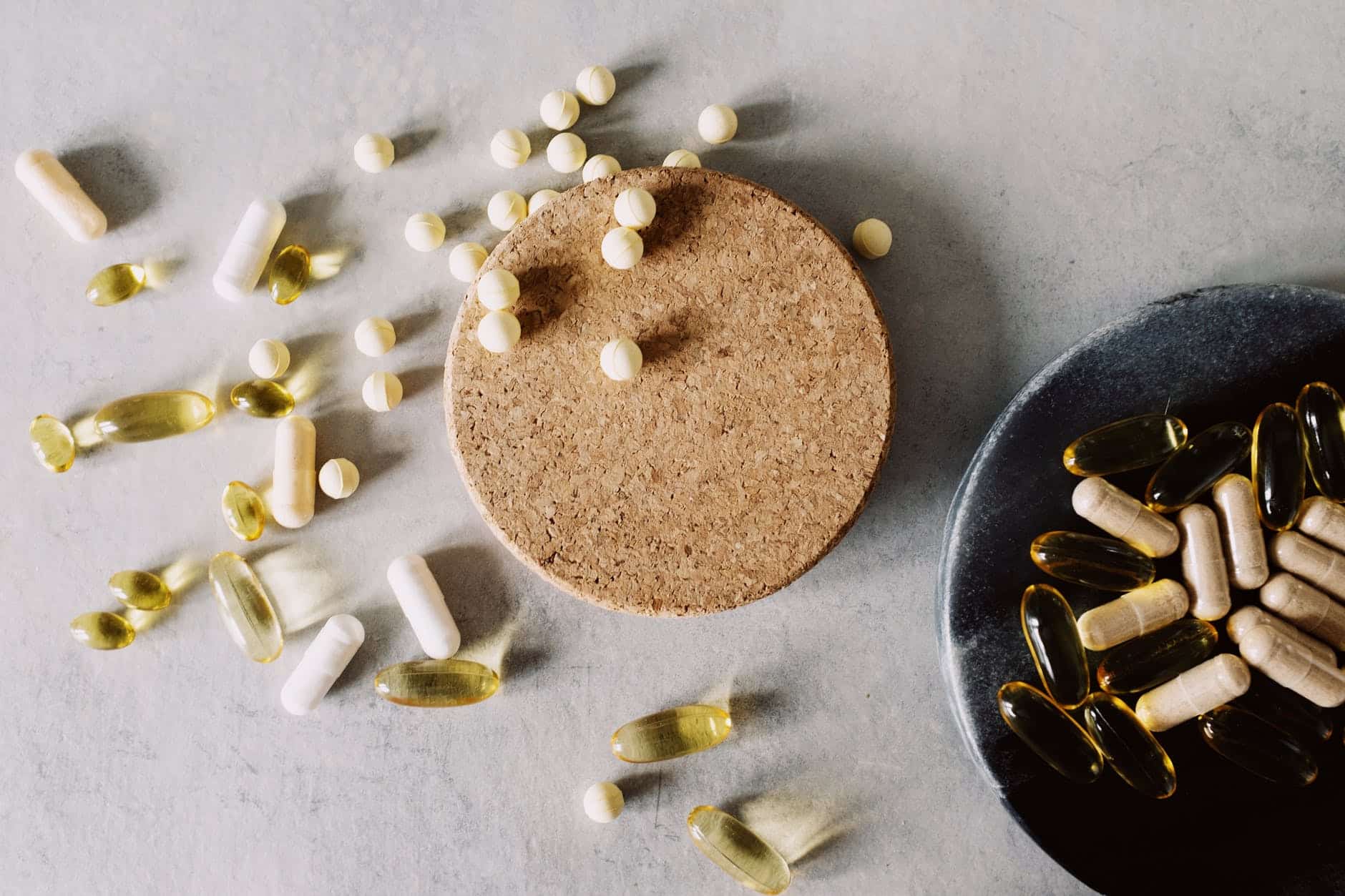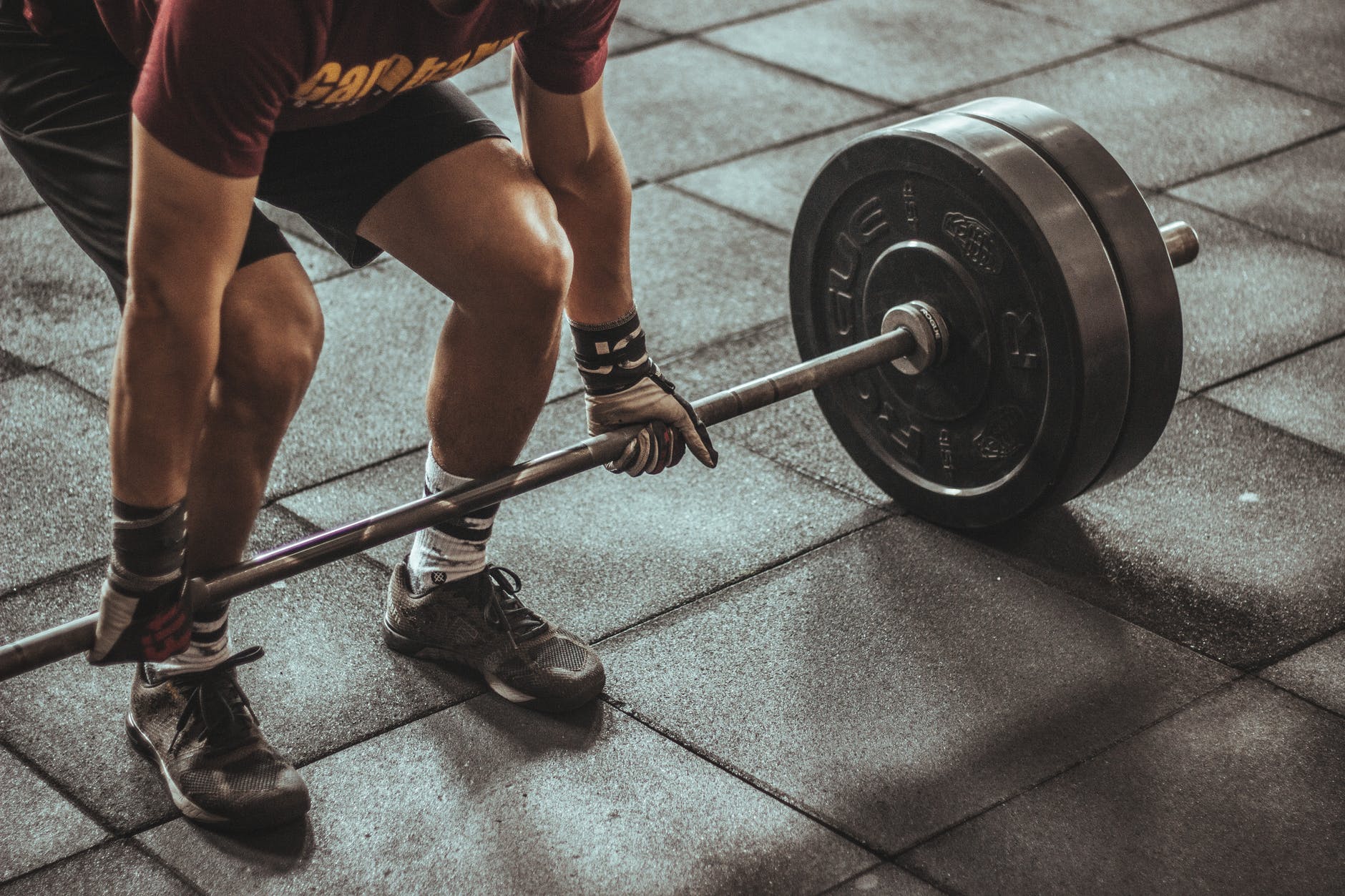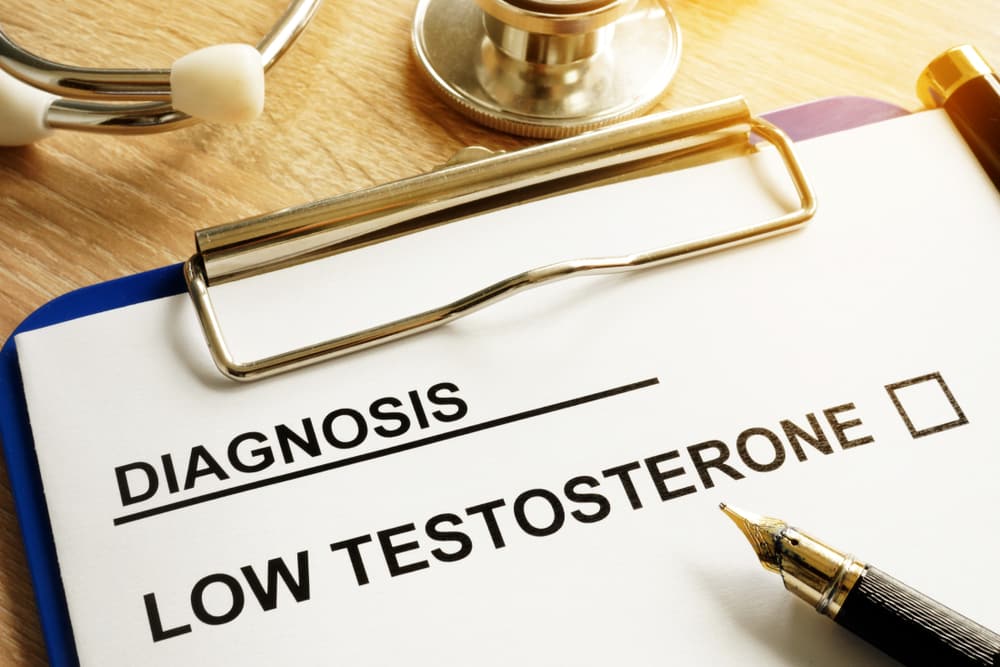Hormone Replacement Supplements

DHEA and DIM Supplements
Hormone replacement supplements are essential for bioidentical or testosterone replacement. As men and women age, the production of testosterone and estrogen begin to decline. This leads to classic symptoms of aging which include less energy, decreased sex drive, decreased ability to build muscle, weight gain, and decreased skin health. Thankfully, hormone balancing with DIM and DHEA can help and of any age regain healthier levels of these critical hormones.
Hormone balancing, though, is a very delicate process that requires precision. Therefore, it is important to not simply flood the body with testosterone. Taking too much testosterone can cause problems, from back acne and irritability to a higher risk of heart disease.
Why Unopposed Testosterone Is Bad
Replacing lost testosterone in the body can help men and women with many aspects of their health. While this is true, it is important to understand why too much or unopposed testosterone is bad.
When increasing the amount of testosterone in the body, a portion of that testosterone converts into estrogen by an enzyme called aromatase. Increased aromatase activity, seen mainly in fat tissue, is a natural process of aging. This directs testosterone to convert to estrogen leading to all the symptoms of low testosterone levels. Aromatase enzyme activity links to chronic inflammation and obesity. Although estrogen is essential to well-functioning , excessive estrogen levels can negate the effects of increased testosterone levels and lead to some undesirable side effects.

Excess estrogen can lead to various side effects:
- Erectile dysfunction
- Decreased sex drive
- Infertility
- Stunted growth
- Development of breasts (men)
- Insomnia
- Excessive water retention
- Bloating
- Weight gain
- Hair loss
- Anxiety
- Headaches
- Memory difficulty
- Insomnia
Testosterone replacement requires a balance. DHEA, DIM and anastrozole are useful to balance testosterone replacement, however this requires careful following by your provider. So how is this achieved? The answer lies in a two-pronged approach.
So how is this achieved? The answer lies in a two-pronged approach:
- Using naturally-derived substances that can both improve the body’s ability to balance hormones and also inhibit this conversion from taking place too often.
- Performing blood tests to keep track of the overall balance of hormones present.
There are two that help to increase testosterone levels while also keeping these levels in check. DHEA and DIM. These substances are useful alone or in conjunction with an aromatase inhibitor. Hormone balancing requires blood tests, and proper dosing guided by a medical professional. Experienced providers help to increase testosterone levels and achieve a more stable hormonal equilibrium within the body.
What is DHEA?
DHEA is a steroid hormone, from cholesterol. It’s primarily in your adrenal glands, but small amounts are in your gonads, in fat tissue, brain, and also the skin. It has many roles in your body (increasing brain reactivity, increasing bone density, etc). DHEA levels rapidly rise from puberty, continuing to rise until early adulthood (25 to 30 years of age). After the age of 30, production begins to decline at a rate of around 2% per year, and this decline often correlates with the signs and symptoms of aging. DHEA plays an important role in resistance to disease. Low levels link to increased susceptibility to aging and disease. DHEA deficiency associates with fatigue, lack of motivation, aching joints, loss of muscle tone (atrophy), weight gain and depression. The role we will focus on here is its eventual conversion into either estrogen or testosterone.
Your body converts DHEA into testosterone, supplementing with DHEA can improve overall testosterone levels in men and women. A 2013 study found that taking 50mg of DHEA per day raised free testosterone levels of adults in high-intensity interval training. This shows that using DHEA supplements has the ability to naturally boost overall testosterone levels in the body.
What is DIM?
DIM, or Diindolylmethane, is a compound that is commonly used in conjunction with DHEA to maintain a healthy balance of testosterone in the body. DIM is a plant indol compound with health promoting properties. It is found in cruciferous vegetables such as cauliflower, cabbage, kale, garden cress, bok choy, broccoli, and Brussel sprouts. DIM causes estrogen is be metabolized down the 2-hydroxy-estrone pathway. It releases free testosterone which is better used by the body. Finally it acts a natural aromatase inhibitor preventing the conversion of testosterone to estrogen.
Good metabolites are known as 2-hydroxy estrogens. Many of the benefits that are attributed to estrogen, including the ability to protect the heart and brain with its antioxidant activity, are now known to come from these metabolites. When DIM increases the 2-hydroxy estrogens, there is a simultaneous reduction of undesirable estrogen metabolites. These include the 16-hydroxy and 4-hydroxy estrogens which are not antioxidants and have been shown to increase certain types of cancer. Greater production of these harmful estrogens is promoted by obesity and exposure to several man-made environmental chemicals. Another attribute of good estrogen metabolites is their ability to regulate cell growth by getting rid of damaged cells. These metabolites support the process of cell death whereby damaged cells are naturally eliminated from the body.
DIM increases production of good estrogen metabolites, which compete with testosterone for protein binding on sex hormone binding globulin. This increases the levels of free testosterone which is the form best utilized by the body
Together, DHEA and DIM work to maintain a healthy balance of testosterone and estrogen in the body. DHEA can boost the production of testosterone while DIM works to ensure that these levels do not get out of control.
The amount of either of these substances that should be used is completely dependent on the blood tests that your provider conducts. The results of these tests will determine the proper dosage that should be administered. Alongside a regular regimen of checkups and dosages, there is a very small chance of any side effects occurring during testosterone replacement therapy.

What is Anastrozole?
Anastrozole belongs to a group of drugs known as aromatase inhibitors that block the conversion of testosterone into estrogen. Anastrozole is very helpful for managing rising estrogen levels.
Aromatization as we mentioned earlier, is the process that converts testosterone into estrogen. This is a natural process your body goes through to maintain homeostasis and ensure testosterone levels are naturally in balance. While aromatization mostly occurs in the male body, it also occurs naturally in the female body as well if testosterone levels become out of balance. Anastrazole is useful in conjunction with injectable testosterone as well as pellets.
Achieving Balance With Hormone Replacement Therapy
The process of and testosterone replacement is a very delicate and nuanced process. An experienced provider will start with a complete assessment of hormones. Next, your provider will replace or balance hormones, draw regular bloodwork and frequent follow up with patients. DHEA and DIM help in the process, as well as Vitamin D3, B12 levels and a nutrition evaluation. Mobile Care provides comprehensive hormone assessment that includes this evaluation and vitamins, they also understand that many patients are on supplements. If you are ready to start with hormone balancing and or a nutrition assessment, contact Mobile Care Health for a consultation.
Compounded medications are prepared by a state-licensed pharmacy for individual patients and has not been reviewed or approved by the U.S. Food and Drug Administration (FDA) for safety, effectiveness, or quality. FDA-approved medications in this class are available; your provider will discuss all options and determine what is appropriate for you. Individual results vary. Medication use requires medical supervision and ongoing lifestyle support.
Articles on this site are for general education and do not substitute for professional medical advice. Consult our providers for personalized recommendations.




